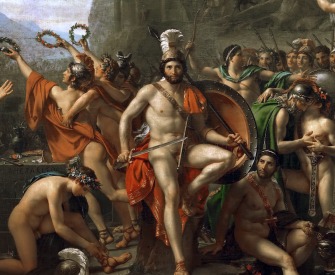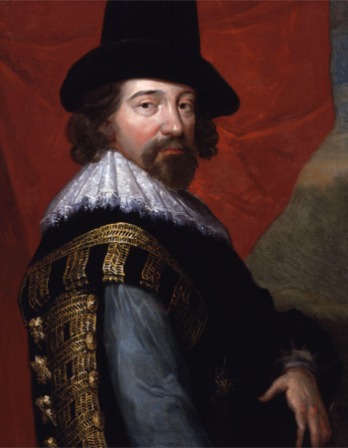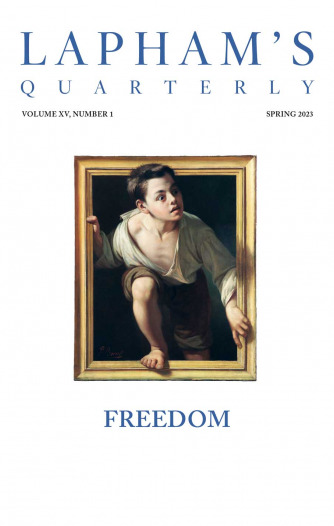I have more memories than if I’d lived a thousand years.
A heavy chest of drawers cluttered with balance sheets,
Processes, love letters, verses, ballads,
And heavy locks of hair enveloped in receipts
Hides fewer secrets than my gloomy brain.
It is a pyramid, a vast burial vault
Which contains more corpses than the potter’s field.
—I am a cemetery abhorred by the moon,
In which long worms crawl like remorse
And constantly harass my dearest dead.
I am an old boudoir full of withered roses,
Where lies a whole litter of old-fashioned dresses,
Where the plaintive pastels and the pale Bouchers,
Alone, breathe in the fragrance from an opened vial.
Nothing is so long as those limping days
When under the heavy flakes of snowy years,
Ennui, the fruit of dismal apathy,
Becomes as large as immortality.
—Henceforth you are no more, O living matter,
Than a block of granite surrounded by vague terrors,
Dozing in the depths of a hazy Sahara
An old sphinx ignored by a heedless world,
Omitted from the map, whose savage nature
Sings only in the rays of a setting sun.
“Spleen.” The only child of a civil servant and his much younger second wife, Baudelaire was introduced to art by his father, an amateur painter and poet. After his father’s death in 1827, Baudelaire, around the age of five, lived with his mother on the outskirts of Paris for eighteen months. “Ah! That was the best time of mother-love for me,” he wrote to her in 1861, four years after publishing The Flowers of Evil, in which this poem appears. “I ask your pardon for calling best time what was doubtless worst for you.”
Back to Issue




